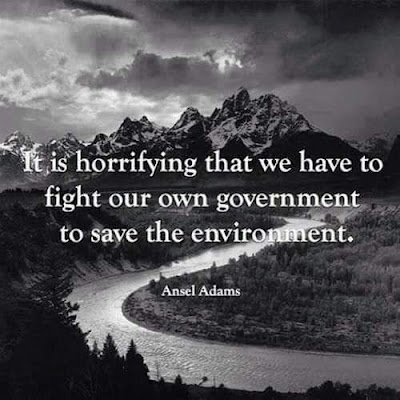How's your ticker? Probably it's not as good as you imagine.
The problem is - poison air. That's especially true for those who live and work where the air is often worst, urban centers.
The hearts of young city dwellers contain billions of toxic air pollution particles, research has revealed.
Even in the study’s youngest subject, who was three, damage could be seen in the cells of the organ’s critical pumping muscles that contained the tiny particles. The study suggests these iron-rich particles, produced by vehicles and industry, could be the underlying cause of the long-established statistical link between dirty air and heart disease.
The scientists said the abundance of the nanoparticles might represent a serious public health concern and that particle air pollution must be reduced urgently. More than 90% of the world’s population lives with toxic air, according to the World Health Organization, which has declared the issue a global “public health emergency”.
...“For really young people, the evidence is now of very early-stage damage both in the heart and the brain,” she said. “We have a likely candidate [particle] able to access both organs, with the pathological evidence to show damage is happening.”
A recent comprehensive review concluded that air pollution may be damaging every organ and virtually every cell in the human body, as tiny particles are inhaled, move into the blood stream and are transported around the body. Much of the evidence of harm, from diabetes to reduced intelligence to increased miscarriages, is epidemiological, as harmful experiments on people are unethical. But one study in 2018 found air pollution particles in the placentas of women who had given birth.Here's a clue. Save for sea fog, you shouldn't be able to see the air you breathe. Even on this island, normally swept with cool breezes off the Pacific, smoke can build up from wildfires hundreds of miles inland and that's laced with PM 2.5 particulates. The people of Edmonton, Calgary and cities in the BC interior and Saskatchewan have been pretty hard hit yet their leaders - Kenney, Moe, Trudeau - think flooding world markets with high carbon bitumen is still a fine idea.


No comments:
Post a Comment